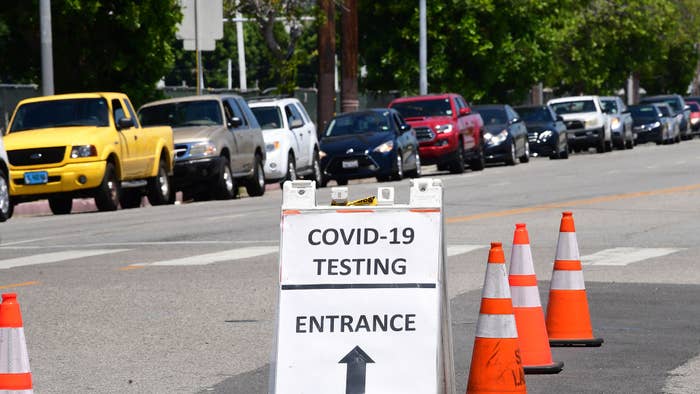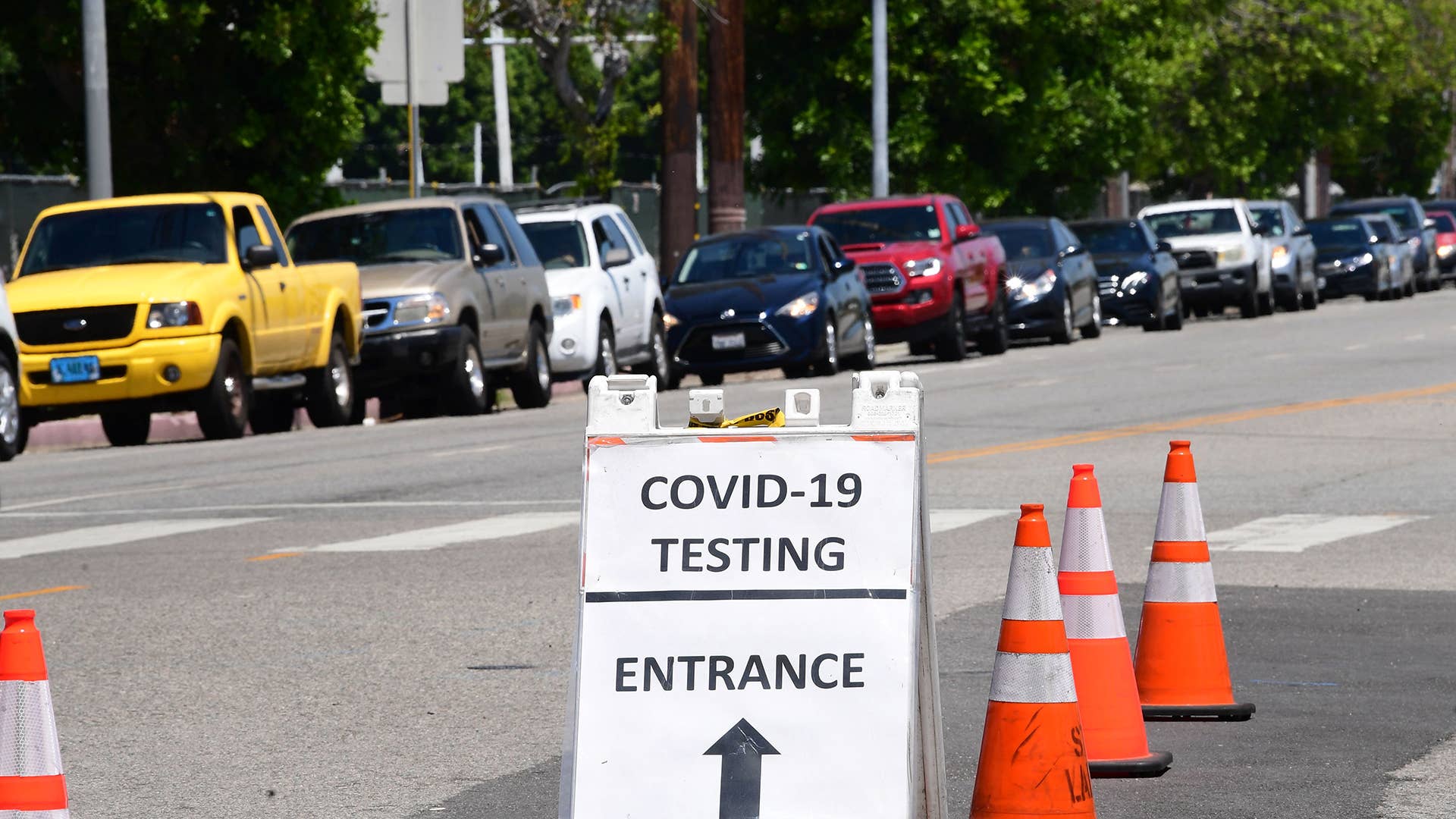
As of Wednesday Night, the number of confirmed coronavirus cases in the United States reached over two million, John Hopkins University revealed. With 2,012,767 confirmed cases of the virus in the States, and 113,407 deaths, the United States remains the country worst hit by COVID-19. The second closest in terms of numbers is Brazil with 772,416 confirmed cases, while the United Kingdom has 584,263 cases.
The virus first broke out in the country near the start of the year, with two individuals who died at home in early February, the first confirmed deaths as a result of complications from the virus. The news comes just as 22 states across the country have seen a sharp rise in new cases, and Florida is among the states that were worst hit. Health officials in Utah, meanwhile, also said they are "very concerned" about the increase in new cases.
In total, there's over 7.3 million confirmed cases of the virus worldwide, and 416,000 worldwide deaths. More and more states are opening up, but there's still no immediate end to the pandemic in sight. In fact, health officials have warned the death figures will continue to rise throughout the year, even if they accumulate slower. "Even if we don't have increasing cases, even if we keep things flat, it's reasonable to expect that we're going to hit 200,000 deaths sometime during the month of September," said Harvard's Global Health Institute head Ashish Jha, CBS News reports via CNN. "And that's just through September. The pandemic won't be over in September."
Thousands of Americans have recently taken to the streets to protest police brutality and systemic racism, and some doctors have suggested the protests could result in a rise in cases "I do think there is a potential, unfortunately, for this to be a seeding event," said CDC director Dr. Robert Redfield recently.

